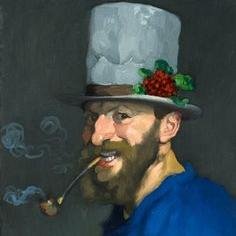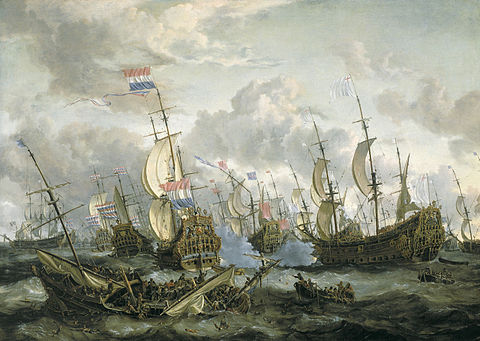(2/2) (#6) “Bathing and Swimming in Art” Swiss Symbolist painter Arnold Böcklin; “Playing in the Waves” (1883)
(#10) “Bathing and Swimming in Art” German Symbolist painter Franz von Stuck; “Wind and Wave” (c.1927)
(#11) “Bathing and Swimming in Art” A scene from a traditional steam bath; Ukranian painter Vitali Gavrilovich Tikhov, “In a Russian Banya” (1916)
“Smiles and Chuckles in Art” The “cynical realism in his magnificent and maniacal smile art.” Yue Minjun; “Free and at Leisure Series, No. 12” (2004)
“Fave Art Posts: First Half of 2020” (Dutch Golden Age) Jan de Bray; “Judith and Holofernes” (1659)
“Air in Art” (Fog) German Romantic painter Caspar David Friedrich; “The Wanderer above the Sea of Fog” (1818)
(#2) “Water in Art” Nature’s power, a foundering vessel, a desperate human struggle and the unexpected intimacy of the male rescuer and the female being saved; Winslow Homer, “The Life Line” (1884)
The arrival of the Romantic era in the later part of the 18th century saw seascapes with more imagination and emotion; Ivan Aivazovsky, “Storm off the Coast of Odessa” (1898)
(#7) “Water in Art” Flemish painter Jan Brueghel the Elder; “Christ in the Storm on the Sea of Galilee” (1596)
Marine art took hold in the early 16th century as a form of history painting, becoming a major genre during the 17th century Dutch Golden Age; Abraham Storck, “The Four Days Battle, 1-4 June 1666”











